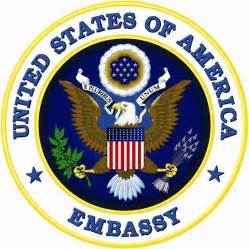- About COCC
- Egypt
- About COCC
- Our Goals
- Our Mission
- Our Achievments
- Halls
- Architectural Design
- Vacancies
- Donations
- Security Advisors
- Managerial Advisor
- Cultural Advisor
- Public Relations
- Ecumenical Relations
- Information Technology
- Documentation Management
- Collectibles Management
- Marketing Management
- Legal Management
- Human Resources
- Experimental Arts Center
- Fine Arts Center
- Center for Strategic Studies & analytical
- Center for International Cooperation & the Exchange of Cultures
- Administrative Affairs
- Center of Studies & Administrative Development
- Center for International Social Communication
- U.S.A
- Australia
- Egypt
- Head of the Center
- Cultural Department
- Media Department
- Educational Department
- Service Department
- Awards
- About COCC
- Egypt
- About COCC
- Our Goals
- Our Mission
- Our Achievments
- Halls
- Architectural Design
- Vacancies
- Donations
- Security Advisors
- Managerial Advisor
- Cultural Advisor
- Public Relations
- Ecumenical Relations
- Information Technology
- Documentation Management
- Collectibles Management
- Marketing Management
- Legal Management
- Human Resources
- Experimental Arts Center
- Fine Arts Center
- Center for Strategic Studies & analytical
- Center for International Cooperation & the Exchange of Cultures
- Administrative Affairs
- Center of Studies & Administrative Development
- Center for International Social Communication
- U.S.A
- Australia
- Egypt
- Head of the Center
- Cultural Department
- Media Department
- Educational Department
- Service Department
- Awards
US Embassy in Cairo warns: Terrorists target Christians and people associated with the church
0

0
SHARES
0
VIEWS
Please login to join discussion

© 2022 المركزأالثقافي القبطى الارثوذكسي
